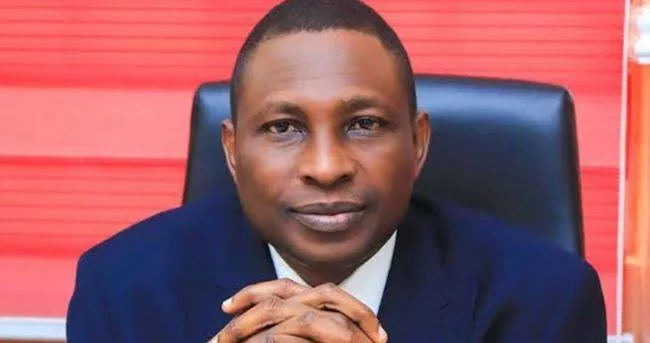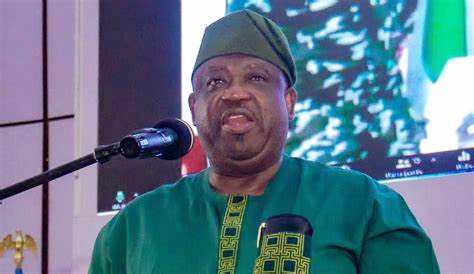
•Preventing glaucoma. Image credit: Smart Eye Care
The Federal Government on Friday began training of eye health professionals nationwide on its Glaucoma Guideline and Toolkit.
Speaking at the launch of the training, the National Coordinator of the National Eye Health Programme at the Federal Ministry of Health and Social Welfare, Okolo Oteri, said that the guideline was developed for the programmatic and clinical management of glaucoma.
Glaucoma is an eye disorder that causes visual impairment as a result of its effect on the optical nerves that take pictures from the eye to the brain due to what is known as Intraocular Pressure.
Experts say it is estimated that around two million Nigerians have glaucoma, but the tragic fact is that, out of this number, about 1.8 million are oblivious to their condition.
According to Oteri, glaucoma is the leading cause of irreversible vision loss globally and in Nigeria, and it is a debilitating disease with an earlier onset and a more severe course reported in persons with black history.
“The Nigeria Blindness and Vision Impairment Survey reported that 0.78 per cent of Nigerians of all ages are blind. Blindness increased significantly with illiteracy and age, with 1.13 million (4.2 per cent) Nigerians over 40 years blind.
“Glaucoma was the second most common cause of blindness, with a prevalence of five per cent and accounting for 16.7 per cent of the burden of blindness with only 5.6 per cent knowing they had the disease, while 20 per cent were already blind,” she stated.
The ophthalmologist, however, noted that glaucoma was not one of the priority diseases for the Vision 2020 initiative in lower and middle-income countries due to the high prevalence of other avoidable blinding diseases like cataracts, onchocerciasis, trachoma and childhood blindness including Vitamin A deficiency.
She added, “In spite of the annual commemoration globally and in Nigeria of a global week, glaucoma has received low support from local and international donors and much less concerted government ownership.
“Collective action, including integrated patient-focused care, is therefore required to tackle glaucoma, a chronic but treatable condition which requires lifelong treatment and follow-up.
“The eye health promotion, blindness prevention, treatment, and rehabilitative needs of patients with glaucoma are not being met in Nigeria.”
Oteri said that collective action, including integrated pushing for post-care, was required to tackle glaucoma, a treatable condition, which requires lifelong treatment and follow-up.
She said that the toolkit was expected to aid the management of glaucoma at the community level and in the facilities.
This, she said, would ensure improved outcomes for patients who already have glaucoma, to ensure that they maintain the function of vision throughout the rest of their lives.
On her part, a consultant ophthalmologist at the University of Abuja Teaching Hospital and a contributor to the document, Fatima Kyari said that the toolkit was developed to cater to both the clinical and programmatic needs of the patients.
Kyari said, “We have the clinical section where it helps how we treat glaucoma clinically and then we also have the programmatic section where we develop glaucoma care teams.
“When we talk about care teams, it is not just about ophthalmologists, it’s also about other eye care workers and professionals such as the optometrist ophthalmic nurses, and opticians.
“We also have sections that help us as eye care practitioners to engage with patients, both patients in the hospital where when they come, we counsel them and we let them know what the disease is about and how they can participate in their own care together with the doctors.”
Kyari added that there was a public awareness section where they engage not only the public in terms of people who are likely to have glaucoma or at risk of having glaucoma but also community leaders, government policymakers and even hospital managers.
The guideline was officially launched in 2023 by the First Lady, Oluremi Tinubu, alongside two other documents to enhance eye health in Nigeria.

 5 months ago
65
5 months ago
65















 English (US) ·
English (US) ·